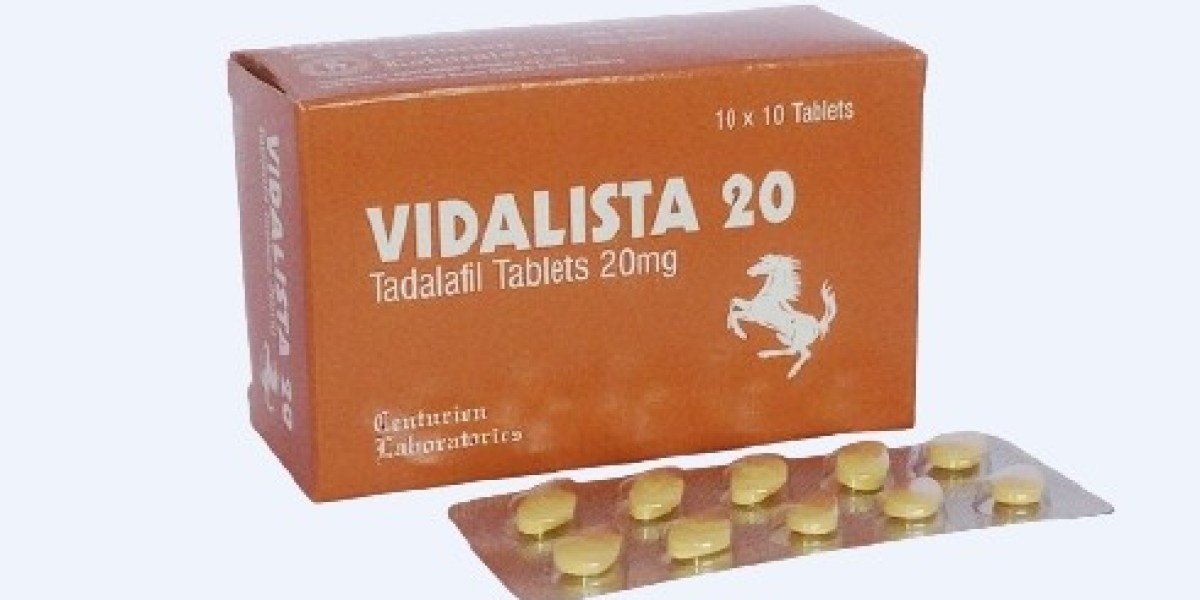Herbal teas offer a natural and gentle way to alleviate various digestive issues. By incorporating specific herbs and spices known for their beneficial effects on the gastrointestinal system, these teas can provide relief for common ailments such as bloating, gas, indigestion, and nausea. In this article, we'll explore several herbal tea recipes tailored to address specific digestive concerns.
Bloating and Gas Relief Tea
Ingredients
- 1 teaspoon fennel seeds
- 1 teaspoon caraway seeds
- 1 teaspoon coriander seeds
- 4 cups water
Instructions
- In a saucepan, combine the fennel, caraway, and coriander seeds.
- Add the water and bring to a boil.
- Reduce heat and simmer for 10-15 minutes.
- Strain the tea into cups and enjoy.
Fennel, caraway, and coriander seeds are known for their carminative properties, which help expel gas and reduce bloating. This tea can be sipped throughout the day to provide relief.
Indigestion-Soothing Ginger Tea
Ingredients
- 1-inch piece of fresh ginger, sliced
- 4 cups water
- Honey (optional)
Instructions
- In a saucepan, combine the sliced ginger and water.
- Bring to a boil, then reduce heat and simmer for 10 minutes.
- Strain the tea into cups.
- Add honey to taste, if desired.
Ginger is a potent herb that can help stimulate digestive juices and relax the muscles of the digestive tract. This tea is particularly effective for relieving indigestion and nausea.
Chamomile Tea for Upset Stomach
Ingredients
- 2 teaspoons dried chamomile flowers
- 1 cup boiling water
- Honey (optional)
Instructions
- Place the dried chamomile flowers in a teapot or mug.
- Pour the boiling water over the flowers and let steep for 5-7 minutes.
- Strain the tea into a cup.
- Add honey to taste, if desired.
Chamomile is known for its anti-inflammatory and antispasmodic properties, which can help soothe an upset stomach and relax the digestive muscles. This tea can be particularly helpful for individuals experiencing stomach discomfort or nausea.
Peppermint Tea for IBS Relief
Ingredients:
- 1-2 teaspoons dried peppermint leaves
- 1 cup boiling water
- Honey (optional)
Instructions
- Place the dried peppermint leaves in a teapot or mug.
- Pour the boiling water over the leaves and let steep for 5-7 minutes.
- Strain the tea into a cup.
- Add honey to taste, if desired.
Peppermint contains menthol, which has antispasmodic properties that can help relax the muscles of the digestive tract. Studies have shown that peppermint tea can be effective in reducing symptoms of irritable bowel syndrome (IBS), such as abdominal pain, bloating, and diarrhea.
Turmeric Tea for Inflammation Reduction
ngredients
- 1-inch piece of fresh turmeric, grated or sliced
- 4 cups water
- Honey (optional)
Instructions
- In a saucepan, combine the grated or sliced turmeric and water.
- Bring to a boil, then reduce heat and simmer for 10 minutes.
- Strain the tea into cups.
- Add honey to taste, if desired.
Turmeric contains curcumin, a powerful anti-inflammatory compound that can help reduce inflammation in the digestive tract. This tea may be beneficial for individuals experiencing chronic digestive issues or inflammation-related conditions.
Tips for Brewing and Enjoying Digestive Teas
- Use fresh, high-quality herbs and spices for maximum flavor and potency.
- Steep the tea for the recommended time to extract the beneficial compounds.
- Drink the tea warm or at room temperature for best results.
- Consume the tea regularly, as needed, to maintain digestive health.
- Consult with a healthcare professional if digestive issues persist or worsen.
By incorporating these herbal tea recipes into your daily routine, you can naturally support your digestive health and find relief from common digestive ailments. Remember, while these teas can be beneficial, they should not replace professional medical advice for persistent or severe digestive problems.


